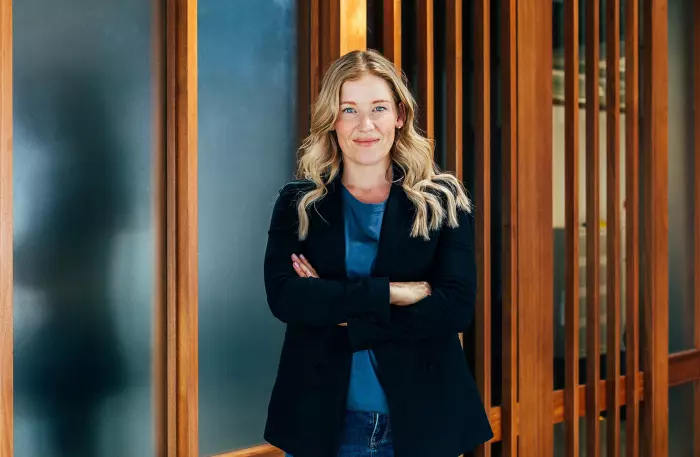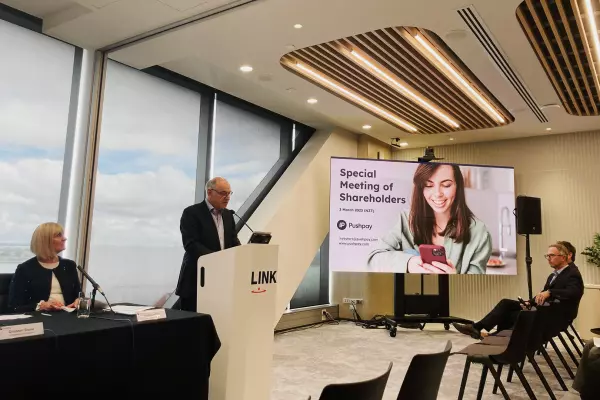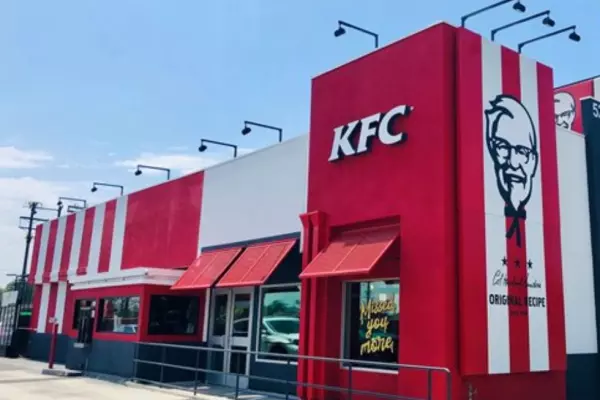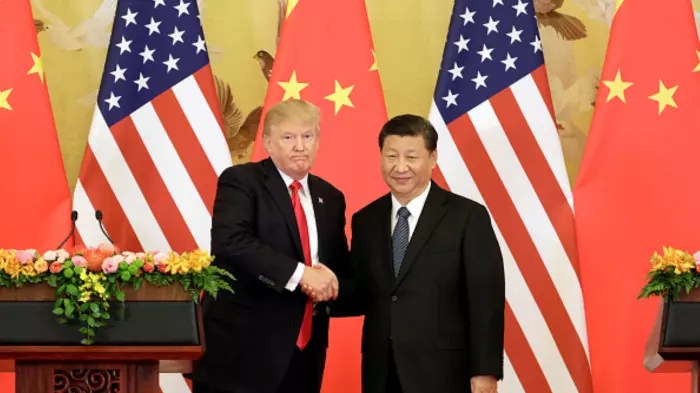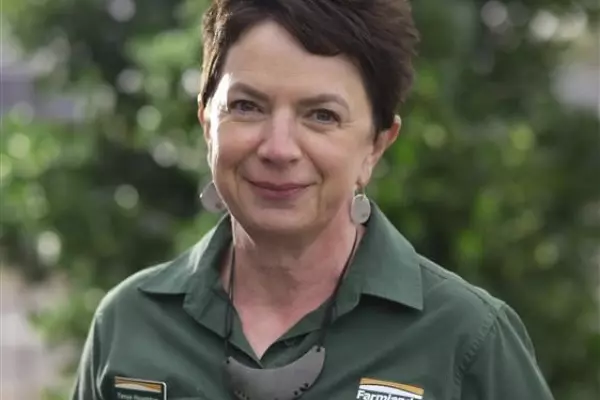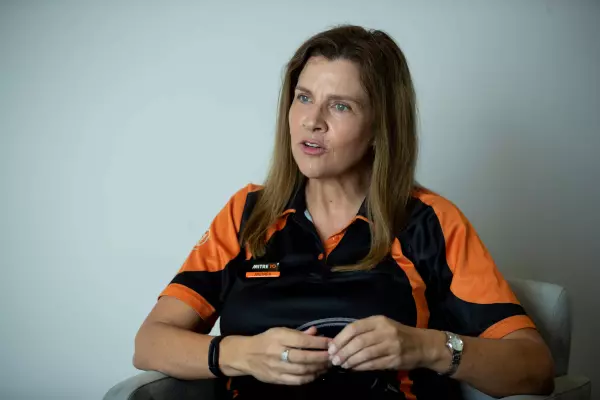Hatch’s new owner will allow the platform to scale quickly, add more investment options and even break into overseas markets.
FNZ emerged this morning as the mystery buyer of Hatch, acquiring the platform from Kiwi Wealth for an undisclosed price.
Co-founder Natalie Ferguson wrote in a blog post that FNZ would provide access to more investment opportunities, the same way DriveWealth had given Hatch access to the US market.
“Their financial backend expertise will enable us to offer you even more – like the NZX, ASX, funds, to name a few,” she wrote.
Ferguson said this should mean users bring more of their investments onto the platform, with the door now opening to “many, many more opportunities”.
FNZ provides the backend financial infrastructure that makes trading platforms such as Vanguard and Barclays possible.
She said the deal would be a game changer for investors as Hatch will now be able to roll out more products faster.
FNZ will also be able to help Hatch launch into other markets overseas, the multinational firm currently operates in more than 20 countries including the United Kingdom, Australia, east Asia, Europe and South Africa.
Al Gore's investment company, Generation Investment Management, bought a stake in FNZ three years ago which valued the business at $3.35 billion.
NZX & the rest
FNZ, which was founded in Wellington in 2003, started out providing digital platforms to help big institutions manage client money without arduous and expensive paperwork.
FNZ said the acquisition gave it a “strategic opportunity to gain exposure to the direct-to-consumer segment” and supported a long-term of broadening its wealth management options in NZ.
Hatch general manager Kristen Lunman told BusinessDesk Hatch would start with NZ-focused options before branching out into other markets.
“We haven't fully delivered on our vision here, which was to provide any tool or access to give world class wealth building opportunities,” she said.
That could include managed funds, additional stock markets, to even smarter cash saving offerings.
She said FNZ had all of those to offer and now it was a question of sequencing; what does it want to offer and what is it that its customers have been asking for?
Lunman said the company hoped to get some new things “up and running quite quickly” once it gets started with FNZ’s integration team.
Hatch will keep its existing relationship with DriveWealth and focus on adding new products from FNZ rather than reinventing the existing one.
The kiwi hatched
Lunman said Kiwi Wealth had always seen itself as incubating Hatch with the intention to spin the platform off after three or five years, if it was successful.
That discussion began early in 2021 and was quickly followed by an approach from FNZ who had a lot to offer in terms of behind-the-scenes access to investments.
BusinessDesk reported in August Hatch could be sold after an approach from an interested buyer.
Once Hatch had proven the business would work and had got some “early traction”, infrastructure connecting it to funds and exchanges became its biggest need, Lunman said.
Retail trading took off during the pandemic, with research by the Financial Services Council finding 1.5 million New Zealanders either use or plan to use micro-investing platforms.
Hatch has more than 130,000 users and more than $2b has been transacted on the platform since it was founded.
The only question for Kiwi Wealth was about how to structure a sale and whether or not it would choose to retain a stake, something it ultimately decided against.
“As you go through the process you want someone that has all skin in the game, so that's how we ended up structuring it,” Lunman said.
Kiwi Wealth is a part of Kiwi Group Holdings, which is government-owned via NZ Post, the NZ Super Fund and ACC.
The purchase price was not disclosed, but competitor Sharesies raised capital last December at a valuation of $147m.
Hatch currently has its office in Kiwi Wealth’s building on Ballance Street in Wellington but will be moving out to stretch its wings – either into FNZ's Wellington office or setting up its own premises.
The platform will continue to run as an autonomous business unit, allowing it to continue to “follow its entrepreneurial instincts”, a joint statement said.


